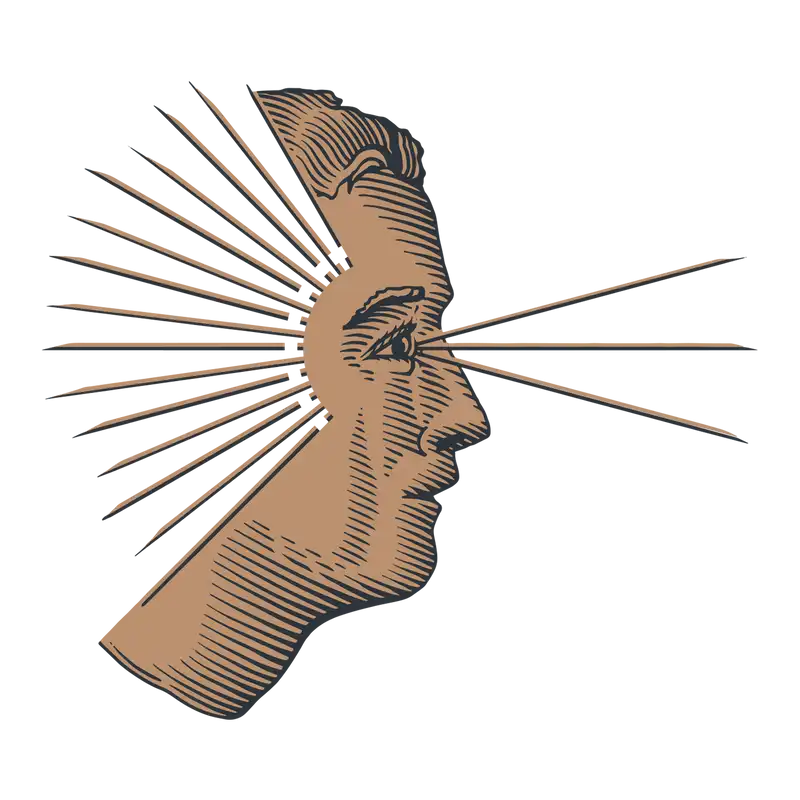Vision Therapy
Although we often use the words 'sight' and 'vision' interchangeably, there is a difference. Sight is our ability to see something, whereas vision involves input from our brain to make sense of what we are looking at and decide on our response to it.
The traditional eye examination principally focuses on sight; what is the smallest letter we can see and what lenses are required to make it clearer? Sometimes however, patients experience visual problems which are not the result of a sight problem, but rather an issue with vision and visual processing. In these cases, vision therapy may be suitable.

Conditions
There is a range of conditions which can be associated with vision therapy. In addition to difficulties focussing at near, eye co-ordination and other aspects of vision, conditions can include visual stress (difficulties with reading, artificial lighting and migraine) and visual snow syndrome (permanent static in vision, light sensitivity and after-images).
Learn more about these conditions:
Visual Stress
+Visual Snow Syndrome (VSS)
+Am I suitable for vision therapy?
If you are having symptoms relating to your eyesight or vision which do not seem to have been helped with conventional spectacles or contact lenses, it is worth getting in touch to discuss your situation. We can talk through your symptoms, your case history and your goals to decide what the best course of action is. Everyone is different, and I find it is hugely important to talk with you prior to an appointment to get the best picture of your symptoms and your present situation. This way, I can better advise you on a likely timeline.
What to expect from a vision therapy appointment
This involves an initial 2-hour assessment with a thorough overview of your eyes and vision. The assessment will explore the symptoms that you are experiencing and apply a therapeutic-based approach to explore what is happening with your vision and what can be done to improve visual comfort. Often this can involve incorporating other senses and skills such as motor and balance.
Every person is different, so these consultations are not prescriptive, and an individual, tailored programme of tests and exercises will be compiled to explore and understand your vision.
Following your appointment, you will be given a detailed medical report outlining the findings and suggested management, including any exercises you may require which can be shared with other healthcare workers and employers.
Disclaimer: Vision therapy aims to help lessen or alleviate visual symptoms. It is not designed to diagnose conditions such as dyslexia, nor does it aim to ‘cure’ them. By booking an appointment you will be accepting that outcomes cannot be guaranteed and that referral to other specialisms may be necessary to provide all-round support.
Make an appointment
In order to understand your symptoms and aims for vision therapy, I offer a free 15-minute virtual consultation to discuss the process and give an indication regarding fees.
Get in touch
